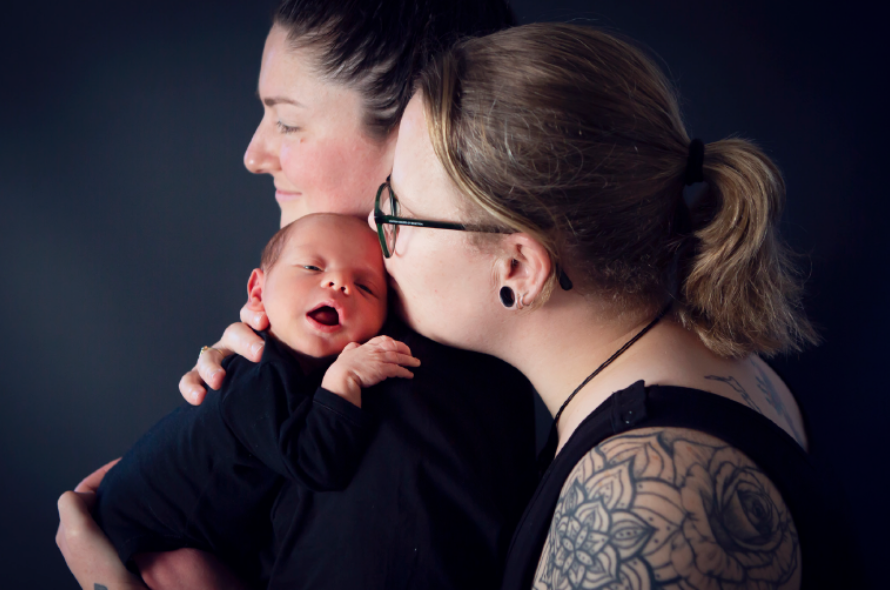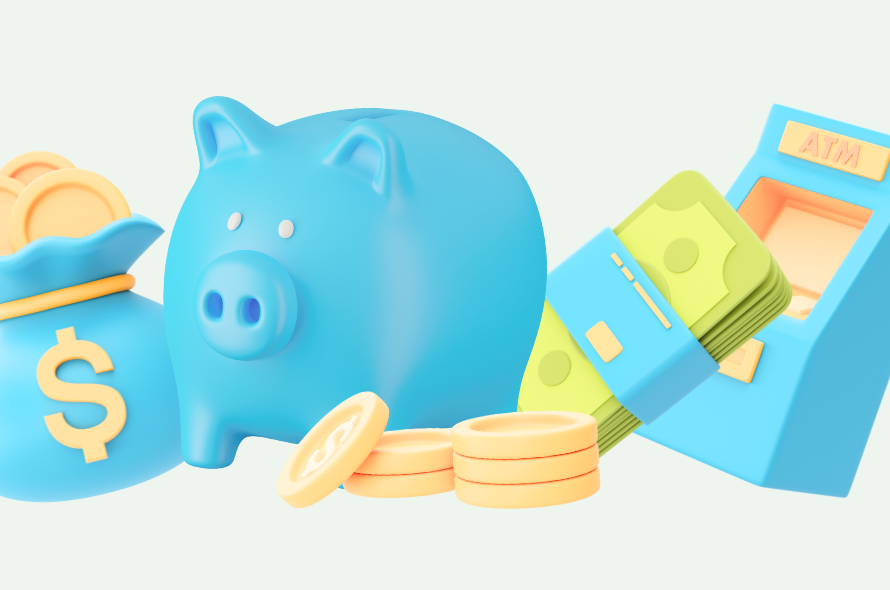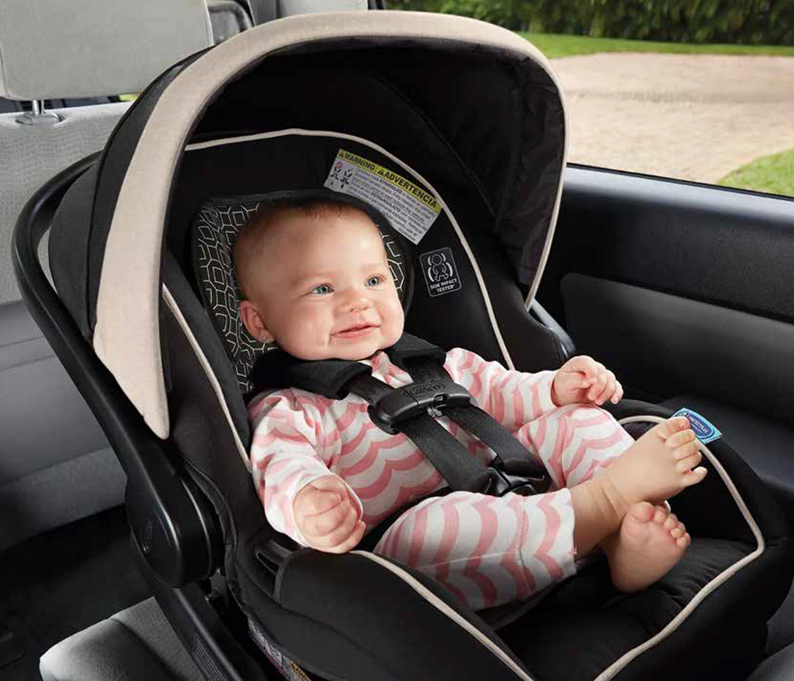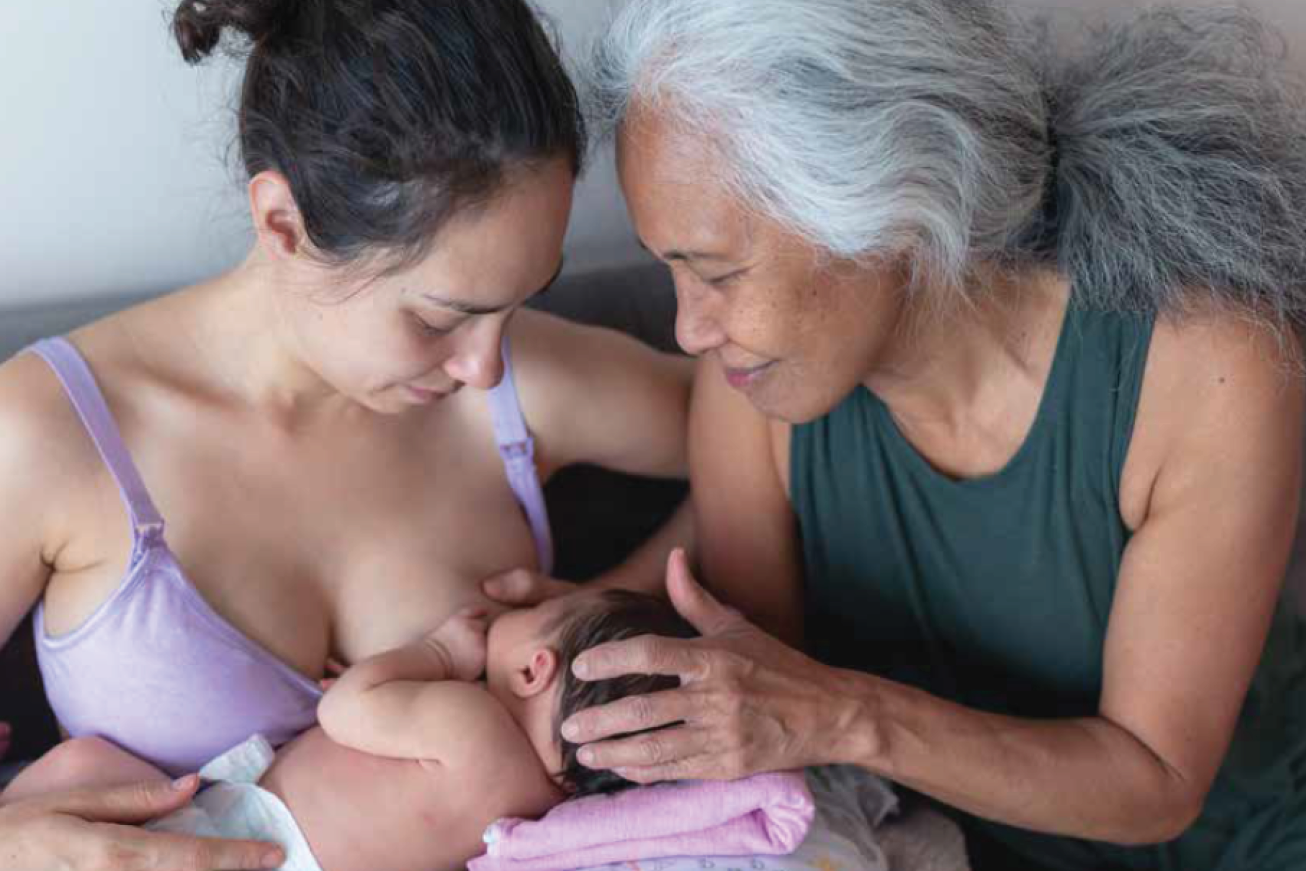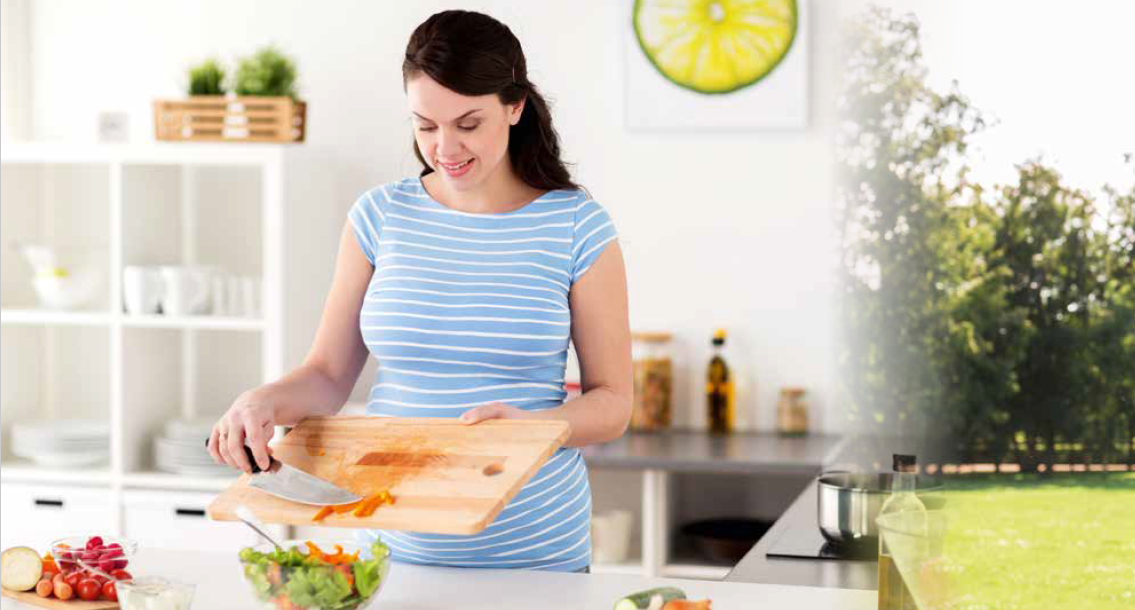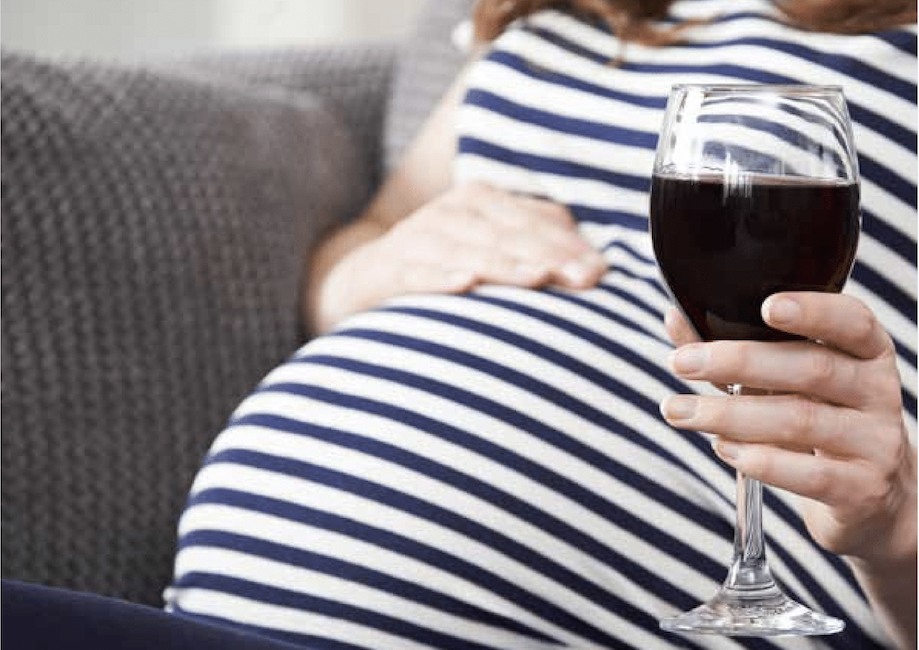
When you’re pregnant, every time you drink alcohol, your baby is drinking too. All alcohol is carried in your bloodstream, through the placenta, to your baby. Your baby can’t break down alcohol like you can.
If you drink alcohol while pregnant your baby may not grow properly, with their brain development being most at risk. The baby may develop a range of life-long problems, known as fetal alcohol spectrum disorder or FASD. Sometimes problems may be seen soon after baby is born, but most may not be noticed until the child is older. Children with FASD may have trouble learning or socialising or develop behavioural problems.
Mums who drink when they are pregnant have a greater chance of having a premature baby – and are more likely to lose their baby through a miscarriage or stillbirth.
Not all babies are affected the same way by alcohol, so there is no way of knowing whether it is safe to drink. Cutting out alcohol altogether avoids any possible harm.
How much is too much?
There is no known safe amount of alcohol to drink during pregnancy, so health professionals advise women not to drink any alcohol when pregnant.
Alcohol can harm a baby’s development at any stage of the pregnancy. This can be even before you know that you are pregnant. If you’re trying to get pregnant, or there’s a chance you could be pregnant, don’t drink alcohol.
There is no safe form of alcohol – all types of alcoholic drinks can harm your baby, including beer, wine, cider, spirits or RTDs.
Are you pregnant or do you want to be pregnant?
Alcohol can harm a baby from conception onwards. It is safest not to drink alcohol at all until you know for sure that you’re not pregnant.
Don’t worry if you drank alcohol before you found out you were pregnant – it’s never too late to stop drinking. This will increase the chance of your baby being healthy. Talk to your midwife or GP if you’re worried about it.
Breastfeeding
While breastfeeding, its best to be alcohol-free. Alcohol enters your breast milk and passes to your baby – this can affect your baby’s growth and development.
If you choose to drink when breastfeeding, plan ahead and only feed baby when there’s no alcohol in your system. It takes about two hours for your body to break down one standard drink of alcohol. If you drink more than this, you will need to wait longer before breastfeeding.
Finding it hard to stop drinking? You can get help and support to stop drinking by talking to your midwife, doctor, nurse or any other health professional. They will talk with you about ways you can stay healthy during your pregnancy, answer your questions, or put you in touch with others who can help you.
Support makes all the difference
Partners and whānau have an important role to play in helping mums or other family members to be alcohol-free, and in looking after the health of the baby. Give support by:
- joining mum in being alcohol-free
- discouraging others from offering alcohol to her or other women who may be pregnant
- making sure there are plenty of non-alcoholic drinks at social gatherings, workplaces, parties and events.
Find out more
- The Alcohol Drug Helpline
0800 787 797
alcoholdrughelp.org.nz
Free text 8681, 24 hours, 7 days a week
Article prepared with information from the Health Promotion Agency.

